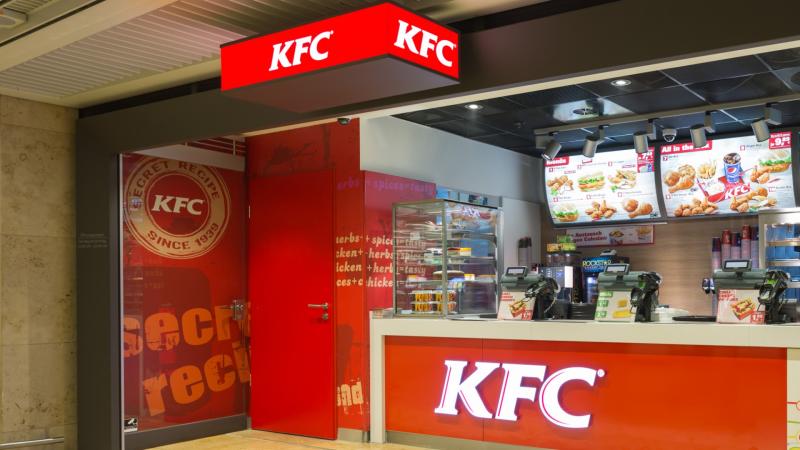×
The Standard e-Paper
Stay Informed, Even Offline

Over the years, there are some business brands that have since risen to become household names owing to their presence in people’s day to day lives.
Their founders can easily be picked from a crowd without having the need to introduce themselves.